
Proposed UN convention aims to better protect journalists
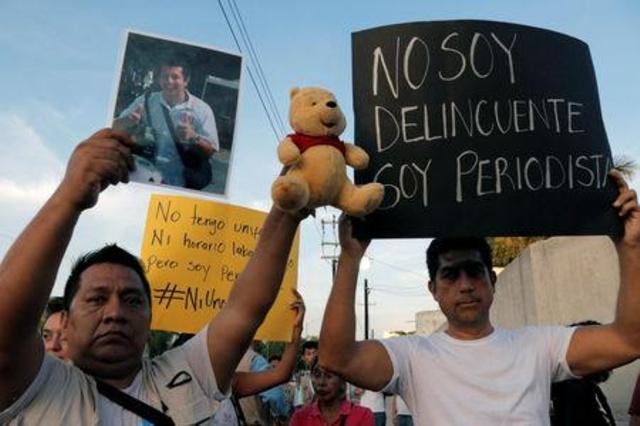
In many countries journalists still face daily threats and impunity reigns. The International Federation of Journalists (IFJ) explains to swissinfo.ch why it believes a new treaty is needed to protect media workers’ rights worldwide.
Since 1990, 2,469 journalists have lost their lives in the line of work, hundreds have been imprisoned, many in inhuman conditions, while others have been victims of cyberattacks or online harassment, according to the IFJ.
Anthony Bellanger, general secretary of the Brussels-based organisation, was at the United Nations Human Rights Council in GenevaExternal link this week to campaign for a new UN instrumentExternal link with binding mechanisms to protect journalists and media professionals.
swissinfo.ch: Why is a new UN treaty necessary?
Anthony Bellanger: We are concerned that the situation of journalists has become more difficult over time. In recent years, numerous journalists have been murdered: 97 in 2018 alone. Many others are harassed, threatened or arrested. Today, more than 400 colleagues are imprisoned worldwide, 160 of them in Turkey. As we stress in article 1 of our proposed treaty, we are anxious to improve their protection, both during armed conflicts and in countries at peace.
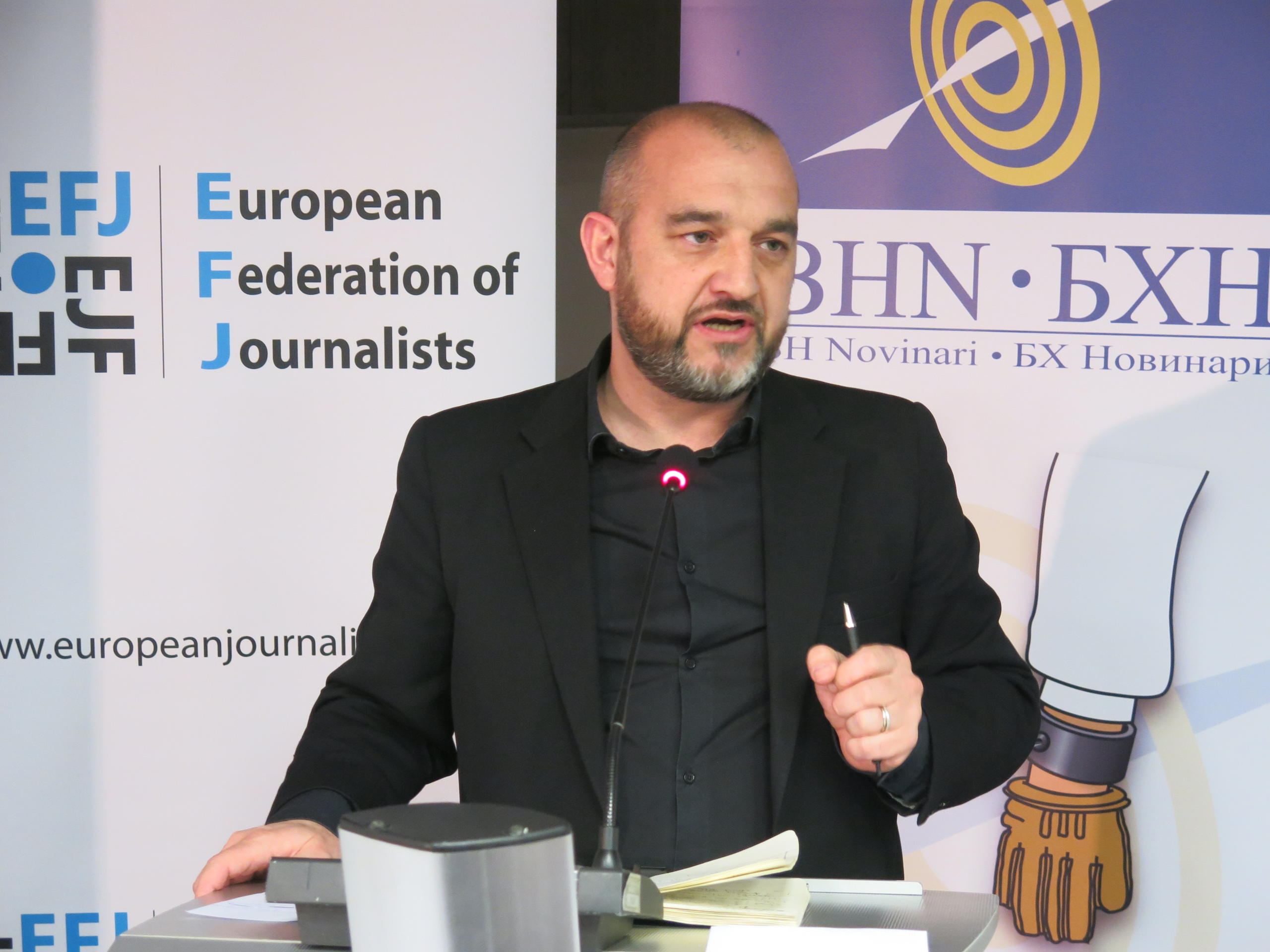
swissinfo.ch: So, your treaty will also cover democratic states?
A.B.: Yes, we are committed to preserving journalism in a free and independent manner in an enabling environment. States must play a decisive role in this regard.
swissinfo.ch: How should a country like Switzerland position itself concerning your new treaty?
A.B.: Switzerland is one of the countries where journalists can work in complete safety and independence. They are not at risk of being killed or imprisoned for investigating or criticizing the government. This is the result of a true democratic tradition. However, as in other democratic countries, there may be forms of social violence that should not be forgotten and it is important that they be examined.
swissinfo.ch: What are you referring to?
A.B.: I am thinking of the redundancy plans that have excluded hundreds of journalists from the profession, at the risk of professional insecurity, and the repercussions this has had for their families, too.
This was the case in 2018 at the Swiss News Agency (now Keystone SDA) where there has been a substantial reduction in staff numbers. Or there is the social conflict that followed the disappearance of the printed version of the French-language Le Matin tabloid, with 41 journalists dismissed.
Also, we should not forget the risk associated with last year’s initiative to abolish the mandatory TV/radio licence fee for public broadcasters which was roundly rejected, which would have been a major blow for public radio and television in Switzerland. Finally, it is worrying to note that, for more than a decade, journalists in German-speaking and Italian-speaking regions of Switzerland have not had collective bargaining agreements, which weakens their working conditions.
These are just a few examples of the violent social realities in Switzerland that the IFJ and its affiliated organisations denounce and include in this proposal for an international convention on the safety and protection of journalists and other media professionals.

More
Swiss media stuck in negative spiral
Translated from Spanish by Simon Bradley

In compliance with the JTI standards
More: SWI swissinfo.ch certified by the Journalism Trust Initiative

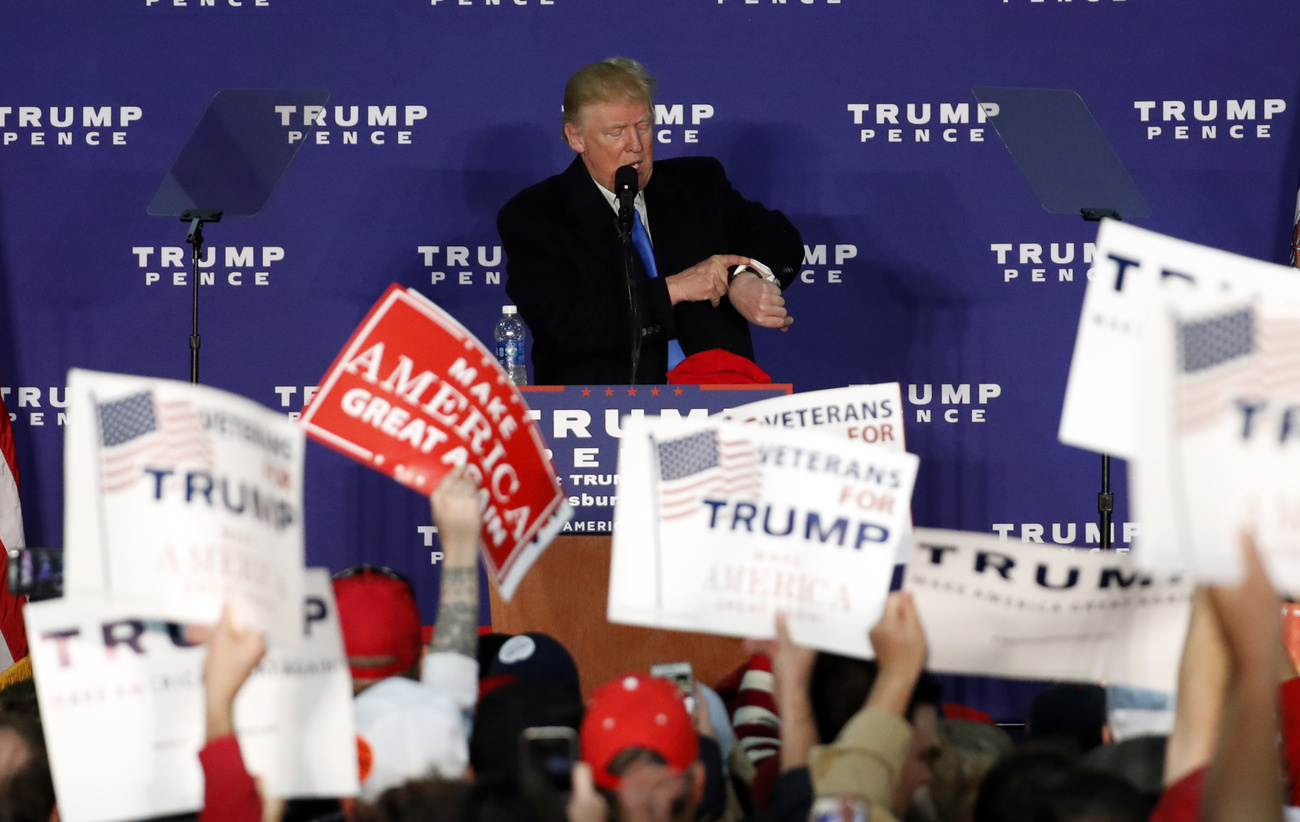














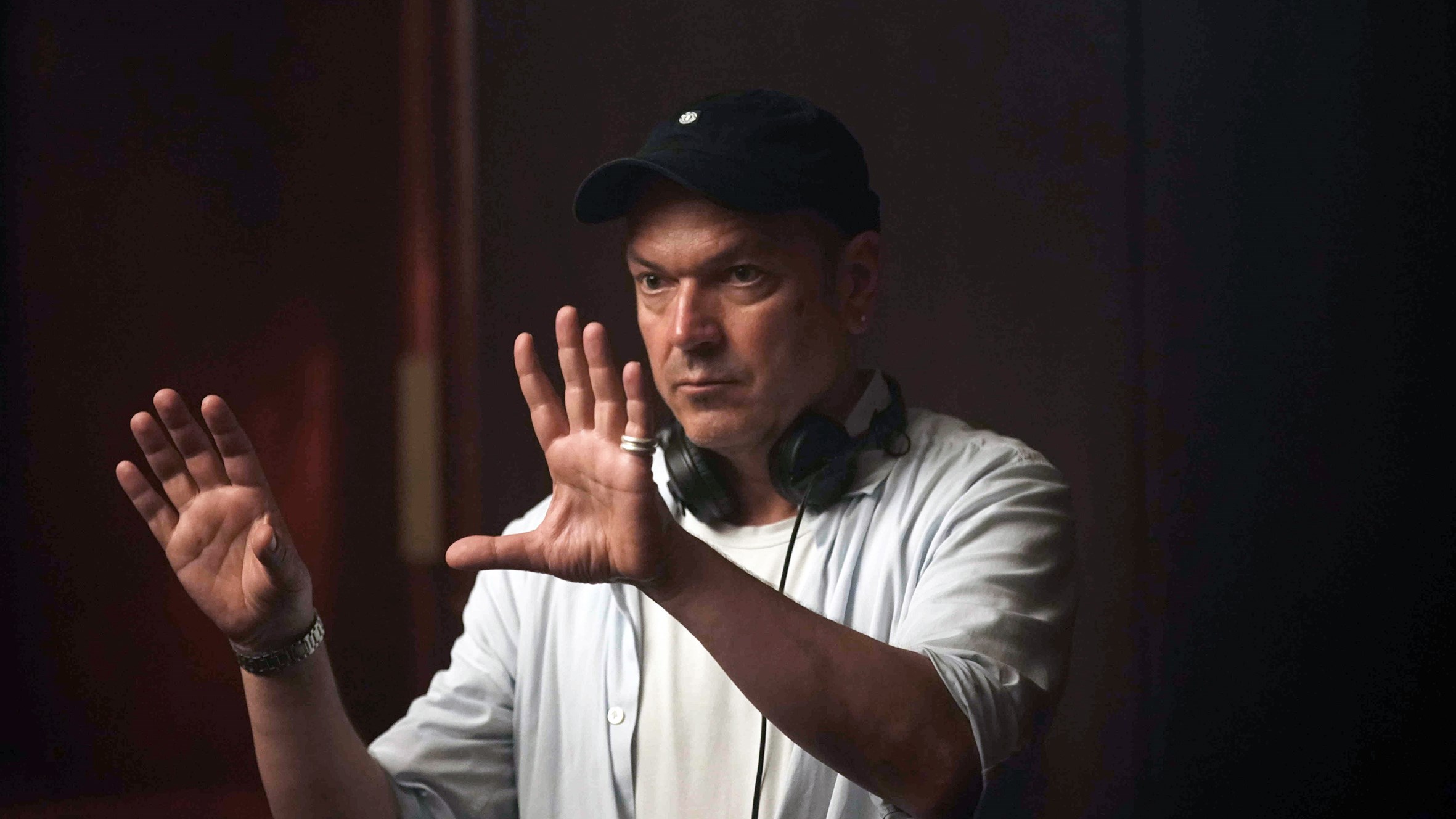




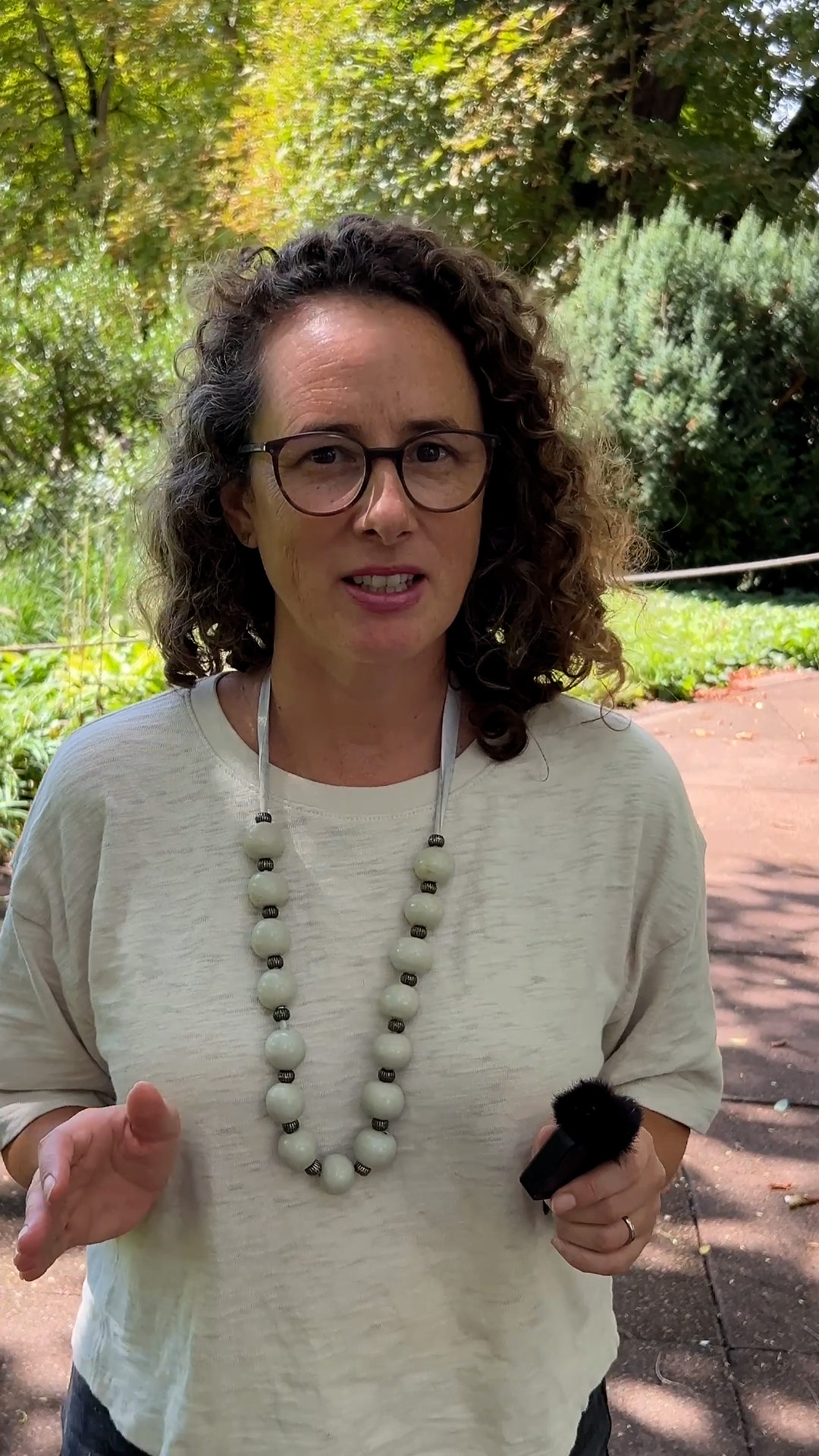





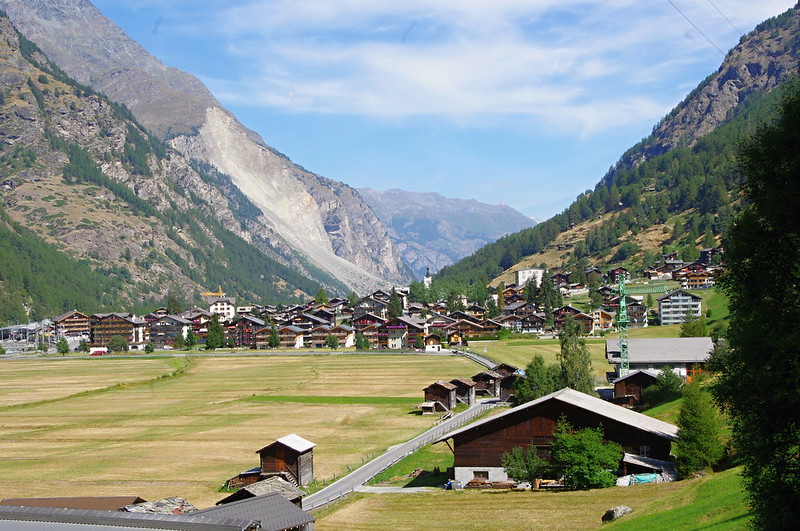
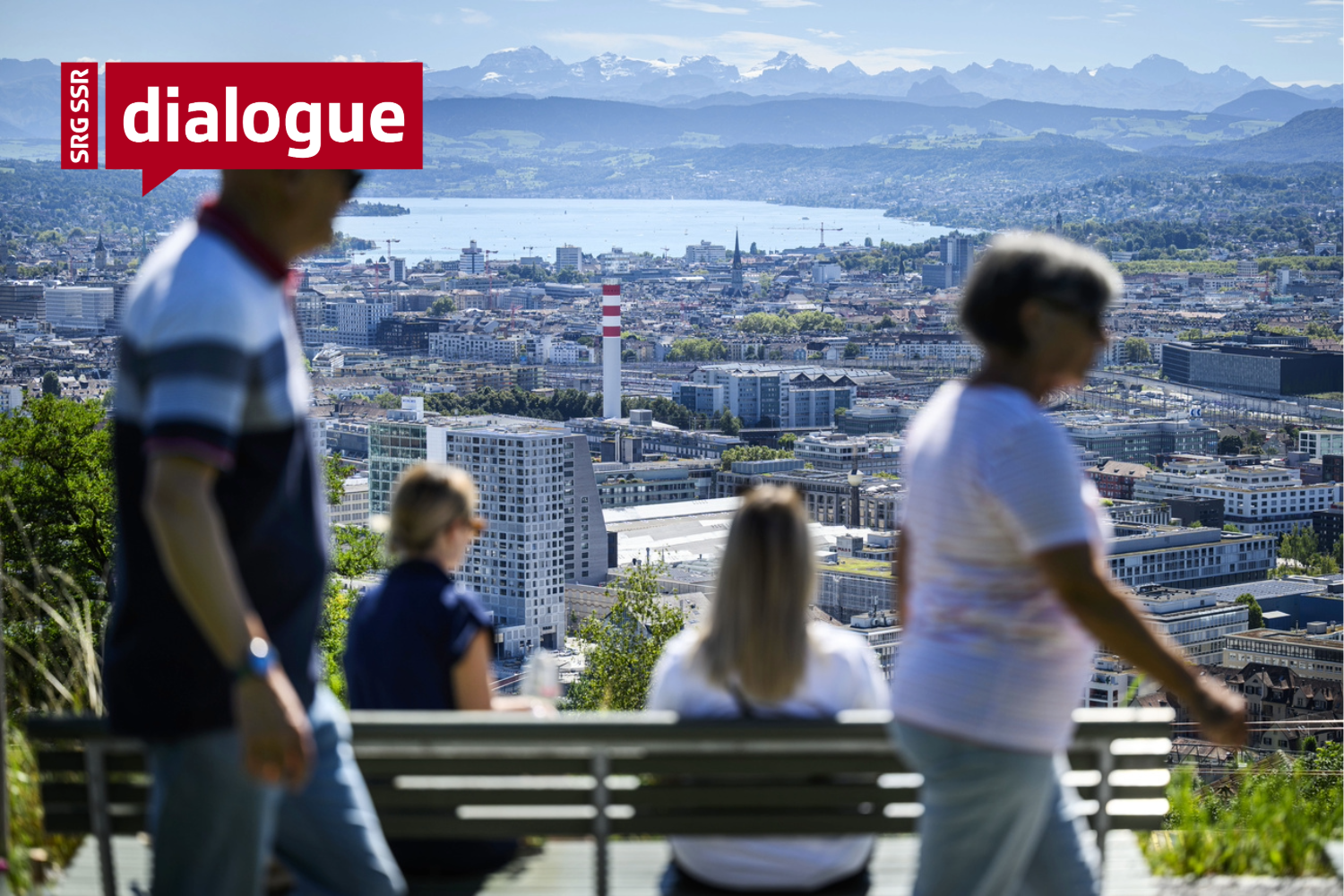


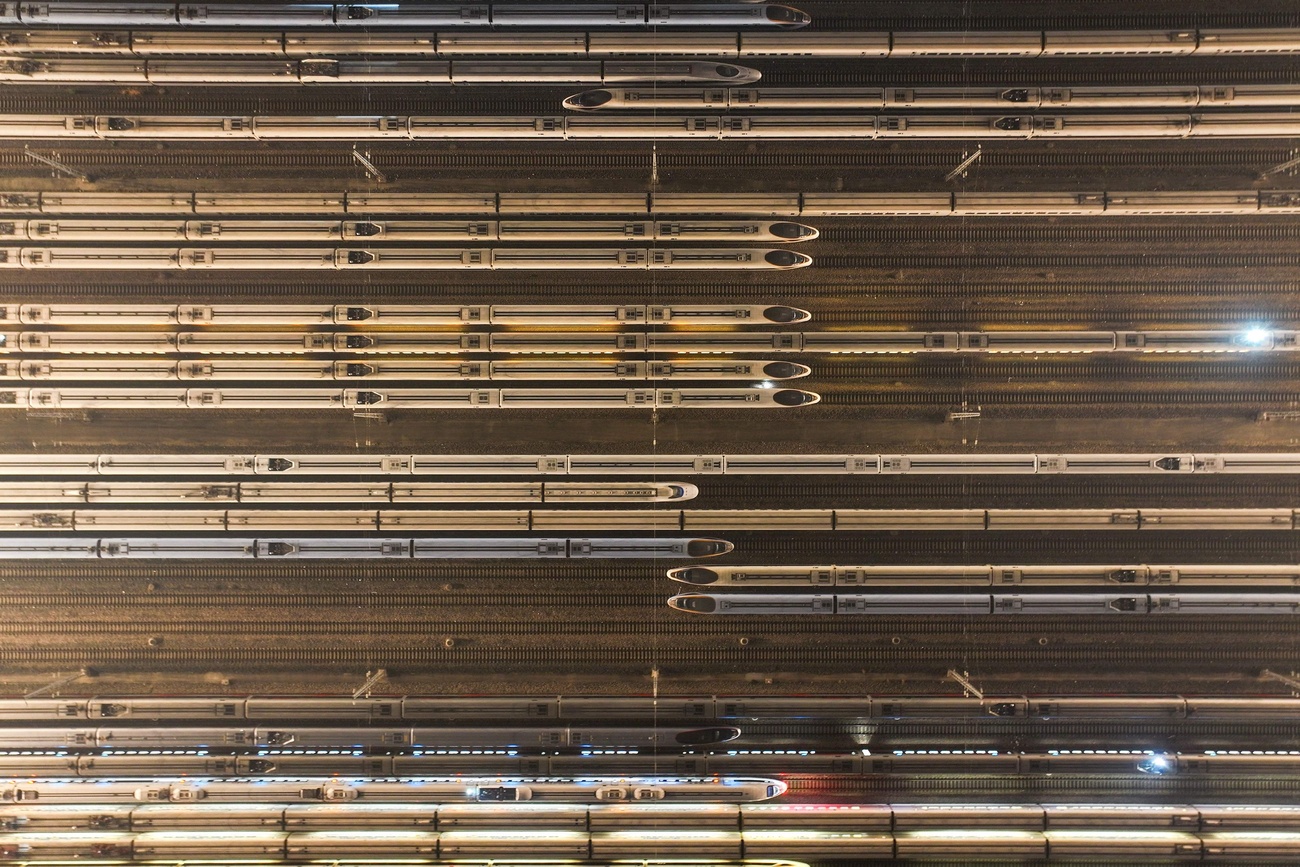






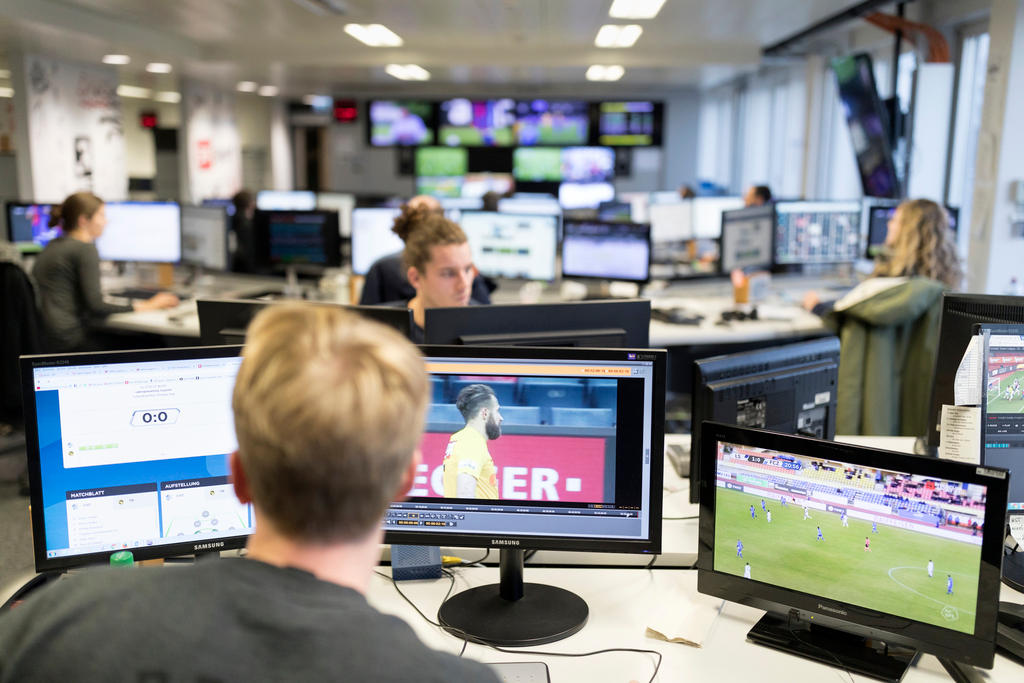

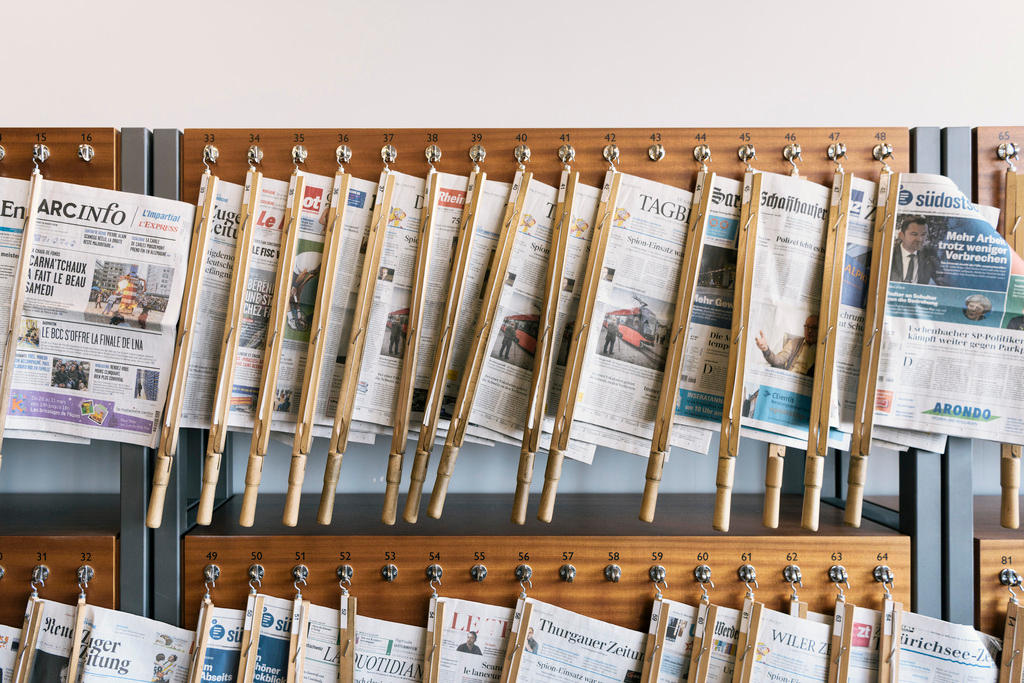
You can find an overview of ongoing debates with our journalists here . Please join us!
If you want to start a conversation about a topic raised in this article or want to report factual errors, email us at english@swissinfo.ch.